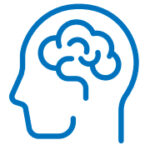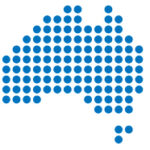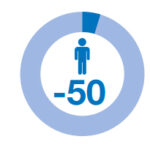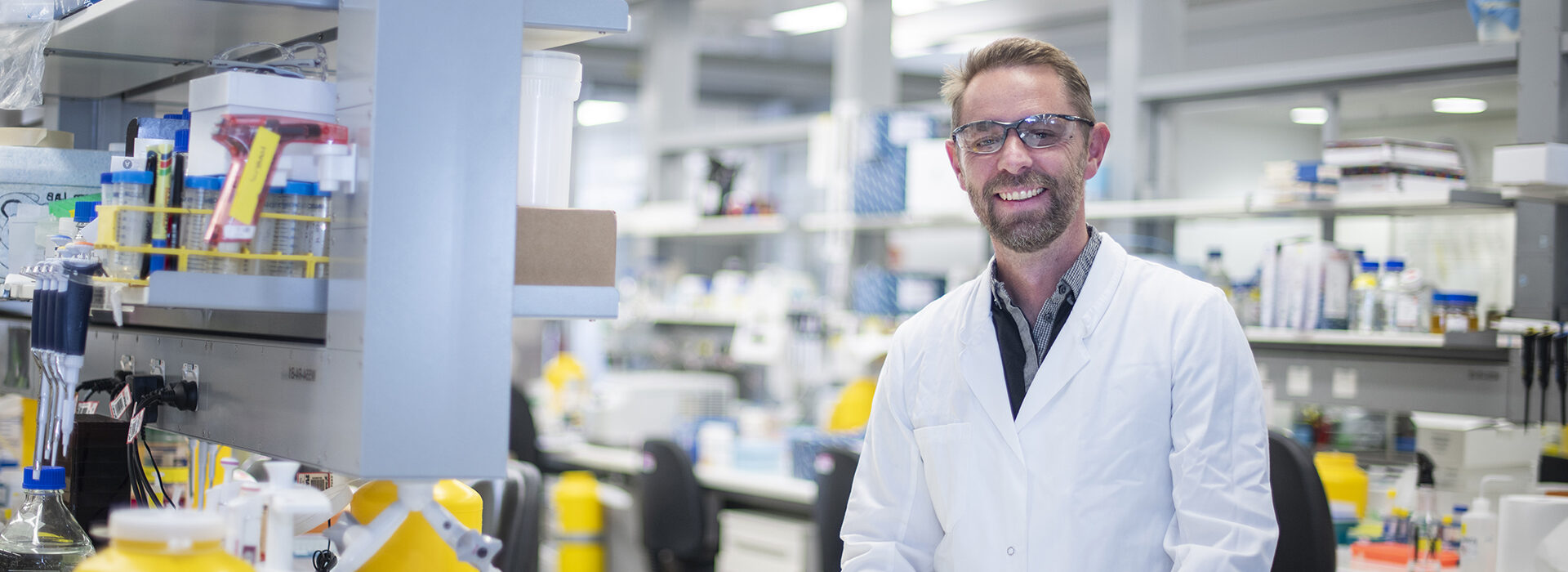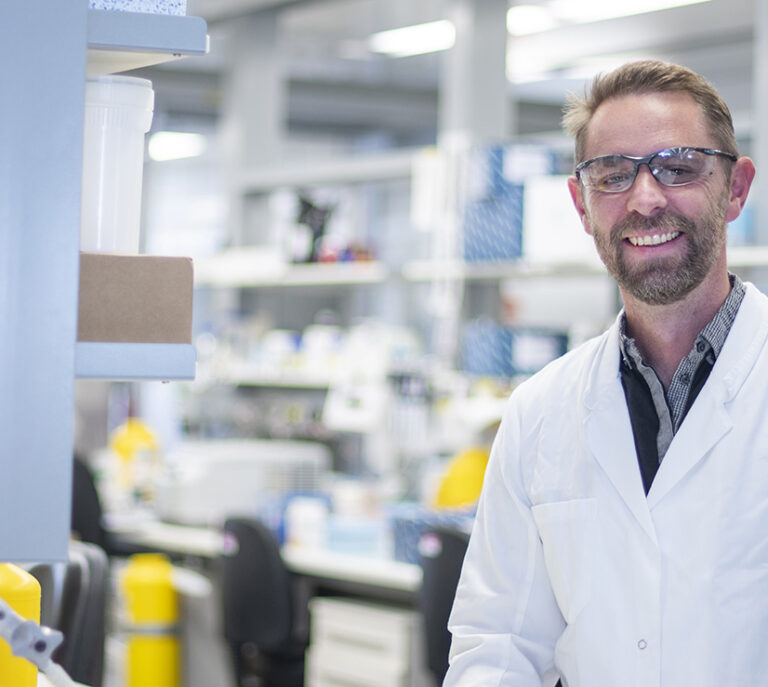“When I told people I had this condition, I received the ‘but you’re too young to have Parkinson’s’ line.
No one really understood what Parkinson’s disease was or the impact it would have on my life, but everyone was very sad I had it. I am a nurse by training, and I didn’t know much about this dreadful disease either.
Sadly, most people think it’s only an old person’s disease. I want to shift the paradigm about how anyone can develop this debilitating disease, even you or someone you love.”
After diagnosis, Sheenagh tried different types of medication over the years until her doctor found one that kept her symptoms under control.
Sadly, for more than 70% of people living with Parkinson’s disease, the available medication isn’t effective* as it begins to wear off within a few hours and stops controlling their symptoms.
More medical research into neurodegenerative conditions like Parkinson’s is urgently needed to better understand these illnesses.
Your support will enable WEHI’s researchers to leverage their long-standing fundamental research strengths in inflammation, cell death and the role of ubiquitin signalling, to develop new precision drugs to stop Parkinson’s.
Your donation today will help our researchers better understand why and how Parkinson’s and other degenerative brain diseases develop and find better diagnostic tests and more effective treatments for diseases that affect the lives of millions.
